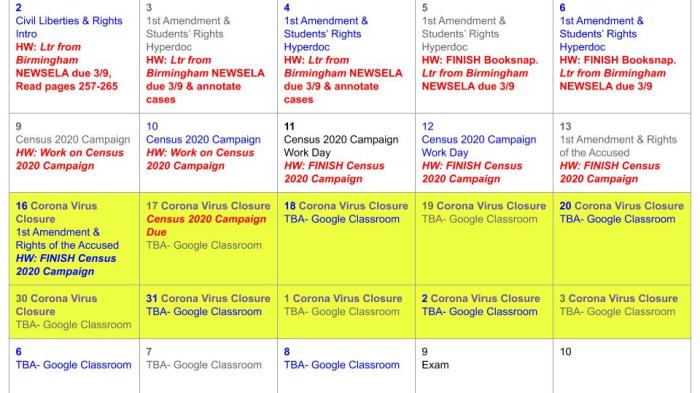The foundational documents of America graphic organizer answer key serves as an invaluable resource for comprehending the historical significance, key concepts, and enduring impact of these pivotal documents on the nation’s identity and governance. This comprehensive guide delves into the Declaration of Independence, Constitution, Bill of Rights, and other essential texts, providing a clear and concise explanation of their content, principles, and historical context.
Through the analysis of these foundational documents, we gain insights into the philosophical and legal foundations of American society, the principles of federalism and separation of powers, and the fundamental rights and freedoms guaranteed to its citizens. This guide not only provides a comprehensive overview of the graphic organizer but also offers an in-depth exploration of the connections between these documents and their profound influence on the course of American history.
Foundational Documents of America

The foundational documents of America, including the Declaration of Independence, the Constitution, and the Bill of Rights, are essential to understanding the nation’s history, values, and legal framework. These documents have shaped the nation’s identity and provided a basis for its government and institutions.
Key Concepts and Principles: Foundational Documents Of America Graphic Organizer Answer Key
The foundational documents of America are based on key concepts and principles such as individual rights, limited government, popular sovereignty, and the rule of law. These principles have served as the foundation for American governance and have influenced the development of other nations around the world.
Declaration of Independence
The Declaration of Independence, adopted in 1776, declared the American colonies’ independence from British rule. It asserted the natural rights of life, liberty, and the pursuit of happiness and established the principle of popular sovereignty.
Constitution of the United States
The Constitution, ratified in 1789, established the framework for the federal government and defined the powers of the three branches of government. It introduced the principles of federalism, separation of powers, and checks and balances to ensure a balanced and accountable government.
Bill of Rights, Foundational documents of america graphic organizer answer key
The Bill of Rights, comprising the first ten amendments to the Constitution, guarantees specific rights and freedoms to individuals, including freedom of speech, religion, and the right to bear arms. It serves as a vital protection against government overreach and ensures the preservation of individual liberties.
Other Foundational Documents
Other foundational documents, such as the Articles of Confederation, the Federalist Papers, and the Monroe Doctrine, have also played significant roles in American history and thought. These documents have shaped the nation’s foreign policy, its relationship with other nations, and its understanding of its own identity.
Essential FAQs
What is the purpose of the foundational documents of America?
The foundational documents of America, including the Declaration of Independence, Constitution, and Bill of Rights, establish the fundamental principles and values upon which the nation was founded. They Artikel the structure and powers of the government, guarantee individual rights and freedoms, and serve as a guide for the interpretation of American law.
How does the graphic organizer help in understanding the foundational documents?
The graphic organizer provides a visual representation of the key concepts, relationships, and connections between the foundational documents. It helps students and learners organize and synthesize information, making it easier to understand the historical context, significance, and impact of these documents.
What are the key principles enshrined in the foundational documents?
The foundational documents enshrine key principles such as popular sovereignty, limited government, separation of powers, checks and balances, and the protection of individual rights and freedoms. These principles have shaped the development of American democracy and continue to guide the nation’s governance.